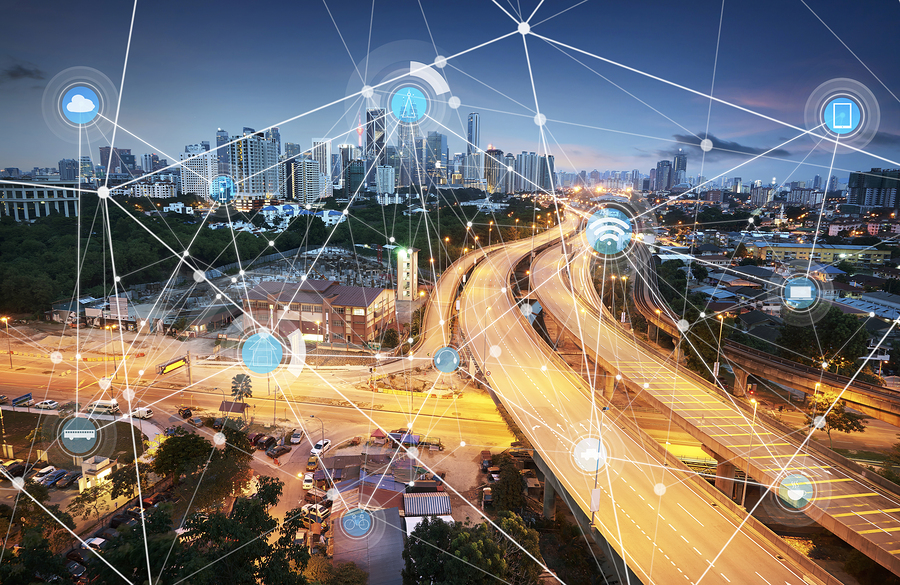Smart cities to become the norm by 2025
Data becoming critical to life, says report

Smart cities are set to become the norm by 2025, according to a new report.
The study, commissioned by Seagate and carried out by analyst firm IDC, said that "data has become critical to all aspects of human life" and outlined how smart cities would benefit not just advanced technology department but a diverse range of fields, including healthcare, leisure and traffic management.
The Data Age 2025 report predicts an increase in smart city technology over the next decade as its benefits become apparent and more widespread.
It said that the amount of data generated globally, it dubbed the "global datasphere" will grow to the equivalent of a trillion gigabytes ten times the 16.1ZB of data created in 2016.
The authors of the report said that data will not only accelerate the opening of new opportunities but also be critical in protecting daily lives. The report predicted that by 2025, nearly a fifth of the data generated worldwide will be marked as critical' to the daily life, and nearly a tenth being seen as hypercritical'.
Sectors such as healthcare will markedly benefit from smart cities and reportedly, the average person in 2025 will interact with connected devices nearly 4,800 times that day, which roughly amounts to an interaction every 18 seconds.
There are concerns that whoever provides the data will hold excess corporate influence something the city Barcelona has sought to address by experimenting with a citizen-driven internet and sharing economy pilots, aimed at utilising local data without any need for monolithic online platforms or privatising the public space.
Get the ITPro daily newsletter
Sign up today and you will receive a free copy of our Future Focus 2025 report - the leading guidance on AI, cybersecurity and other IT challenges as per 700+ senior executives

